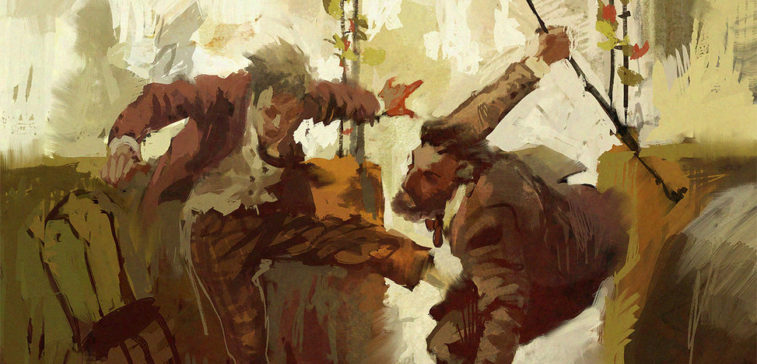BS’D
Rav Avigdor Miller ztk’l was known for his emphasis on appreciating the wonder and beauty of nature and the vast wisdom of the world that Hashem created among a multitude of other qualities from which we can learn so much. This classic story epitomizes his constant focus on appreciation for Hashem.
Once, a grandchild visited Rav Miller at home and was puzzled to see his grandfather with his face in the sink. After a few minutes, Rav Miller stood up, and breathed deeply. “The air is so wonderful,” he said.
His grandchild said, “Why was your face in the water for so long that you couldn’t even breathe properly?” Rav Miller said, “On my way home, someone started talking to me and commented that lately, the air has been polluted. I didn’t want my appreciation of Hashem’s air to lessen, so I decided to deepen my appreciation of air. After depriving myself of air for just a short while, I now am even more thankful to Hashem for providing us with such wonderful air. (Rabbi Shmuel Brog)













